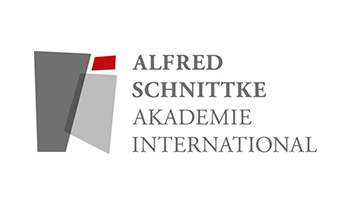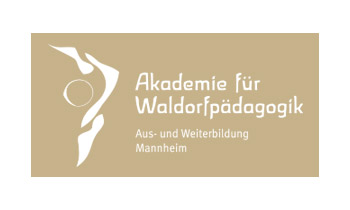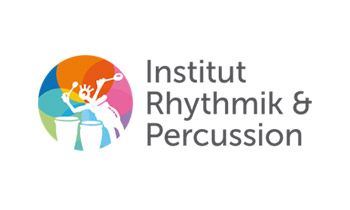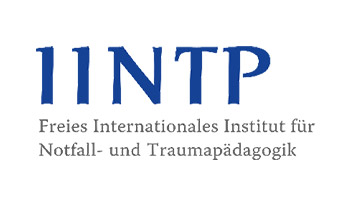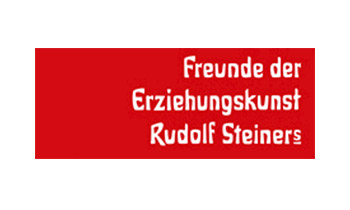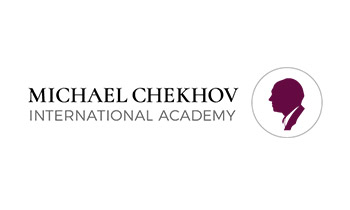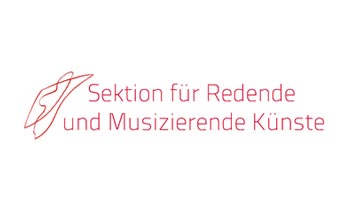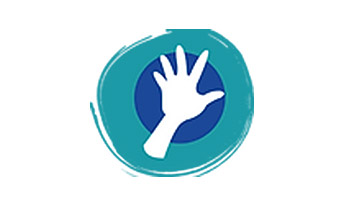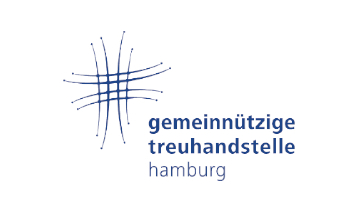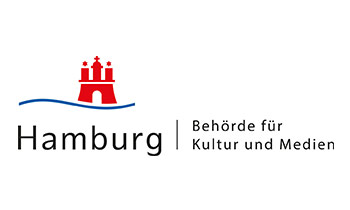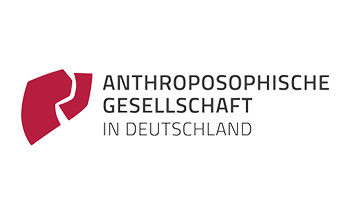Institute
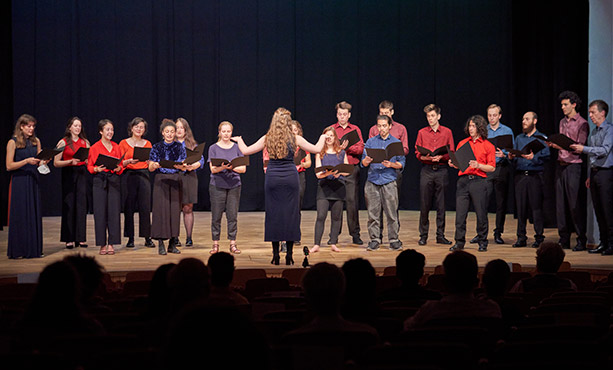
MenschMusik Hamburg is a free music academy in the areas of study – concert – research in the center of Hamburg. The institute was founded in 2007. The legal entity is the non-profit MenschMusik e.V. The institute is managed by Barbara Hanssen and Matthias Bölts.

The one-year basic musical studies are part of the range of courses. It can be used as an intensive artistic year, as an orientation year between school and university, or as a preparatory year for an entrance exam. Motto: “Your Music Year”.
The artistic and pedagogical vocational training courses are offered in the areas of instrumental pedagogy, fundamental music education/music in the social field, singing and choral conducting, as well as “music teacher at Waldorf schools”. Between the poles of stage, professional practice and research, the students become self-reliant co-designers of their education.
The concert and event area thrives on its diversity and new forms of music communication. In addition, there are themed days, seminars and lectures on musical, eurythmical and anthropological questions.

Impulse
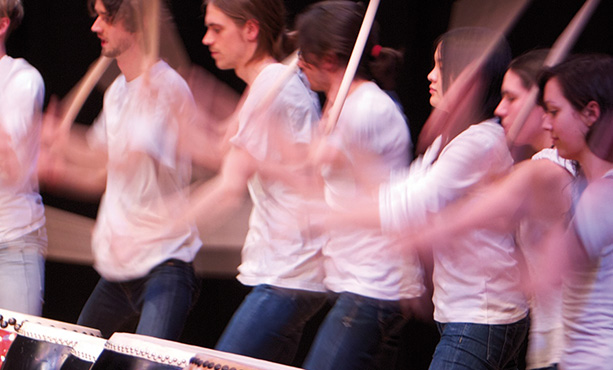
The work of MenschMusik Hamburg is based on the conviction that the forces and laws that are at work in man, in social life and in nature are also of a musical nature, that they can be experienced and recognized through phenomenological-meditative working methods, and they can be used for artistic, educational and therapeutic work.

The working method based on this interrelationship between man and music makes it possible to become aware of the music in its forms and elements as well as its historical development as an image of the human being and, conversely, to express the human constitutive forces in music. This creates a human image of music and a musical image of man.
This musical image of man has a universal, general human character. General assessments of people and groups of people with regard to their biological characteristics, their national origin, their religion and worldview contradict the spirit of our work.
In this sense, the standard of education at MenschMusik Hamburg lies on the one hand in each individual student, in their goals and individual development potential. On the other hand, the standard of training lies in the music itself, in its requirements and development conditions as well as in the specific requirements of the respective professional fields.
The aim of the training is the independent and entrepreneurial musician who is able to invent and convey new forms of dealing with music depending on the situation.
Man and Music
Attempt at a Summary
Time,
born from eternity.
Sounding motion,
resting
in the stillness of infinity.
Music,
you helper of the soul,
wake us up
to find
in flowing time
our very own being,
the I.
I.
You fountain of laws,
you power of the middle,
may you dive
in sounding movement;
seize
the stream of eternal time,
tame
transform
its steady flow!
Torpor, atony
keep away!
Space,
arching towards the stars.
Infinite silence,
generating
the shell of eternal sound.
Music,
you helper of the soul,
let us guess
in the weaving of tones
the homeland
of our very own being,
of the I.
I,
you source of laws,
you power of the middle,
may you dive
in waiting silence;
hear
the sound in infinite space,
feel
enliven
community in listening!
Hardening and extasy
keep away!
Man,
longing into the distance.
Inherent Tone
striving
to the wholeness of the universe.
Music,
you helper of the soul
strengthen in us
in flowing time
in sounding space
our very own being
the I.
I,
you gate of the law,
you power of the middle
may you dive
in beginning and end,
capture
the present triple enigma,
tread,
suffer
vividly HIS way!
Apparent freedom and coercion
keep away!
Summer 1971
(Unknown author)

Director
Matthias Bölts
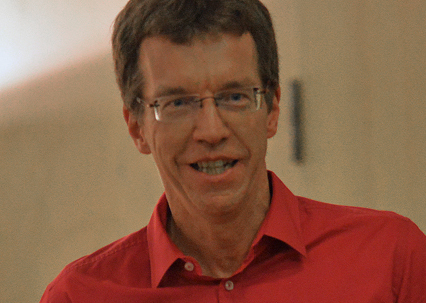
In concert, as a song accompanist or choir director, I am always looking for and trying to let the music become an “event”. By that I mean a state in which musicians and listeners are connected to the higher forces of music in a common event.

“It” can then happen, become a reality. For this reason, the development of a new listening culture is a central concern in my work with the students, which is about discovering and training listening as an active and creative process. This corresponds to the “sound culture” of the ability not only to produce the tones oneself, but also to create the conditions for them to come and appear and to “breathe them in” from space, so to speak – in the sense of “inhalare la voce”.
My impulse when founding MenschMusik Hamburg was to create an independent music academy. To design musical training between the poles of stage and research in such a way that young people can develop on individual paths to become freelance artists and teachers. A basis for this is to recognize music as a mirror and source of strength for individual human development. The “human-forming” power of music – called musica humana in the ancient times – can be experienced in a new way today and can be productively applied in artistic professional practice.
For me, “education” means providing the development space in which the student can find and take their next step. Today, this is increasingly happening on a situational and individual basis, and although it can be planned institutionally, it is not “feasible”.
For me, musical phenomenology is a central subject in my training. A double activity is required here in the effort to experience the inherent qualities of the musical elements: On the one hand, active turning towards the musical element while listening and feeling, on the other hand, active withdrawal so that the elements can express themselves. This path is about approaching the original images and archetypes that are effective in the background.

Association
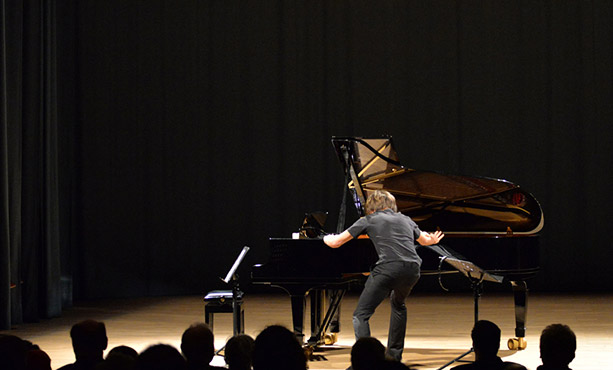
MenschMusik e. V. is the legal entity of MenschMusik Hamburg. It is also the umbrella for other initiatives aimed at bringing the interaction between people and music to life. The Coole Elbstreicher (head: Gesa Riedel) are a special-purpose operation of the MenschMusik e. V.

Board
Matthias Bölts, Gesa Riedel, and Barbara Hanssen
Account Details
MenschMusik e. V.
GLS Gemeinschaftsbank eG
BIC GENODEM1GLS
IBAN DE52 4306 0967 2008 6235 02
Address
MenschMusik e. V.
Mittelweg 11–12
20148 Hamburg
Contact
Phone: 040 41 33 16 20
info@menschmusik.de
Membership
>> Download declaration of membership [PDF]

Director
Barbara Hanssen
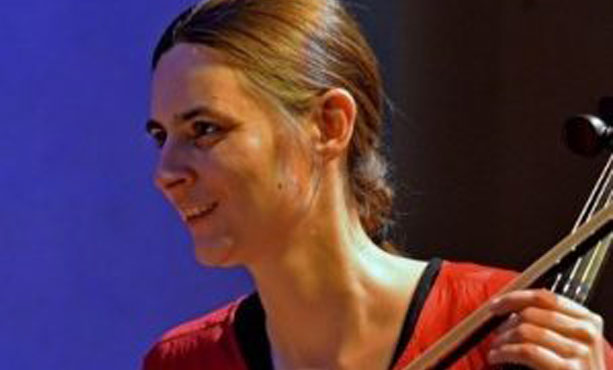
What fascinates me most about playing the cello is the music that happens between the individual tones. It always amazes me that the music can’t actually be heard. It can be felt and shaped as a network of tensions, movements and relationships between the individual audible musical elements.

So ensemble and chamber music is particularly close to my heart, where it is particularly important to create musical relationships. For example, a simple note “g” takes on completely different roles and has to be intoned differently and played with a different tension if it is the root in a G major triad, fourth suspension of a D major triad, third in E flat major context, fifth of C major or part of a cluster.
In a different way, this interest in the “inaudible” of music lives on in numerous projects connecting music and eurythmy, which visibly bring the inaudible musical aspect of music into motion.
For the artistic-pedagogical training at MenschMusik Hamburg, it is particularly important to me to create an environment in which the staff and the students feel encouraged to become active and creative out of intrinsic motivation. And that this individual activity of the individual finds a field of resonance in the community in which it is perceived and accepted and can grow beyond itself in the joint process.

Location
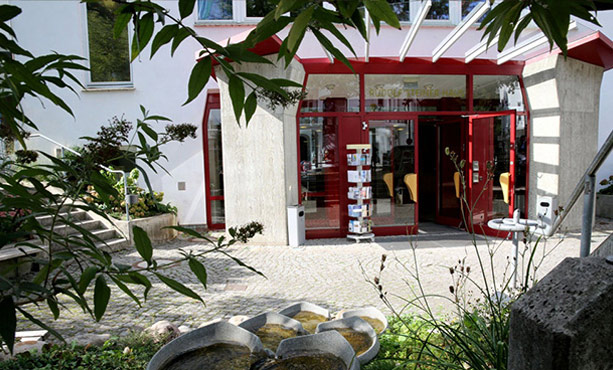
MenschMusik Hamburg has been working in the Rudolf Steiner Haus Hamburg since it was founded in 2007. The Rudolf Steiner Haus is located in the center of Hamburg, in the immediate vicinity of the Dammtor train station and the Outer Alster Lake.

The house is a multifaceted public cultural and events venue in the city. In addition to various teaching and practice rooms renovated in 2018, we have a large chamber music hall with over 300 seats for our concerts and events.


